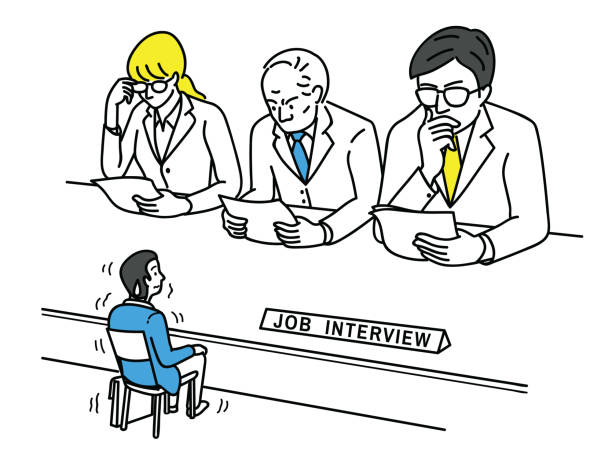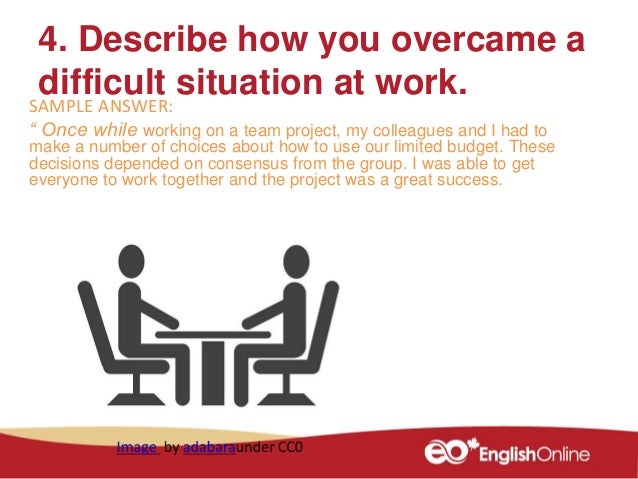Many candidates encounter what seem easy but are difficult interview questions in reality. These questions can throw you off balance and leave you struggling to find the right words. However, it's important to remember that these questions are to assess your skills, experience, and fit for the role. With proper preparation and mindset, you can handle even the most difficult questions with ease.
Here are some of the most challenging job interview questions you might encounter and tips for how to answer them effectively:
"Tell me about yourself."
This open-ended question is often used as an icebreaker at the start of an interview, but it can be tough to know where to begin. The key is to keep your answer brief, focused, and relevant to the job you're applying for. Start with a brief introduction, then highlight your relevant skills, experience, and achievements. Avoid sharing personal information or going off-topic.
"What are your weaknesses?"
This question can be tricky, as you don't want to reveal any major flaws that might disqualify you from the job. However, it's important, to be honest, and show that you're self-aware. Choose a weakness you have already identified and are working to improve and explain how you're addressing it. For example, you might say, "I tend to get bogged down in details, but I'm working on delegating more to my team and focusing on the big picture.
"Why should we hire you?"
This question allows you to showcase your skills and experience and demonstrate why you're the best candidate for the job. Focus on the specific strengths and achievements that make you uniquely qualified for the role. Be confident and enthusiastic, but avoid sounding arrogant or overly boastful.
"Can you tell me about a time when you had to deal with a difficult situation?"
Behavioral questions like this are designed to assess your problem-solving skills and ability to handle challenging situations. Choose an example relevant to the job you're applying for, and use the STAR method to structure your answer: describe the Situation, explain the Task you needed to accomplish, highlight the Actions you took, and describe the Result.
"Where do you see yourself in five years?"
This question is intended to assess your long-term goals and ambitions. Be honest about your aspirations, but also show that you're committed to the job you're applying for. You might say: "In five years, I see myself continuing to develop my skills in this field, and hopefully taking on more leadership responsibilities within the company."
"What is your salary expectation?"
This question can be uncomfortable, but it's important to be prepared. Do your research ahead of time to get a sense of the salary range for similar roles in your area, and be prepared to negotiate. Avoid giving a specific number right away, and instead, ask about the salary range for the role.
"Why did you leave your last job?"
If you're currently employed, this question can be particularly challenging. Be honest about your reasons for leaving, but avoid speaking negatively about your former employer or colleagues. Focus on the positive reasons why you're excited about this new opportunity.
In conclusion, preparing for difficult job interview questions requires both self-awareness and research. By understanding your strengths, weaknesses, and goals, and by researching the company and position you are applying for, you can put yourself in the best position to succeed. Remember to be confident, honest, and focused in your answers, and always be prepared to ask questions of your own. With these tips, you'll be able to navigate even the most challenging interview questions with ease.









No comments:
Post a Comment
Tell us in the comment section for any suggestions and other job-hunting tips you want to read on this website. We appreciate your support and contributions.